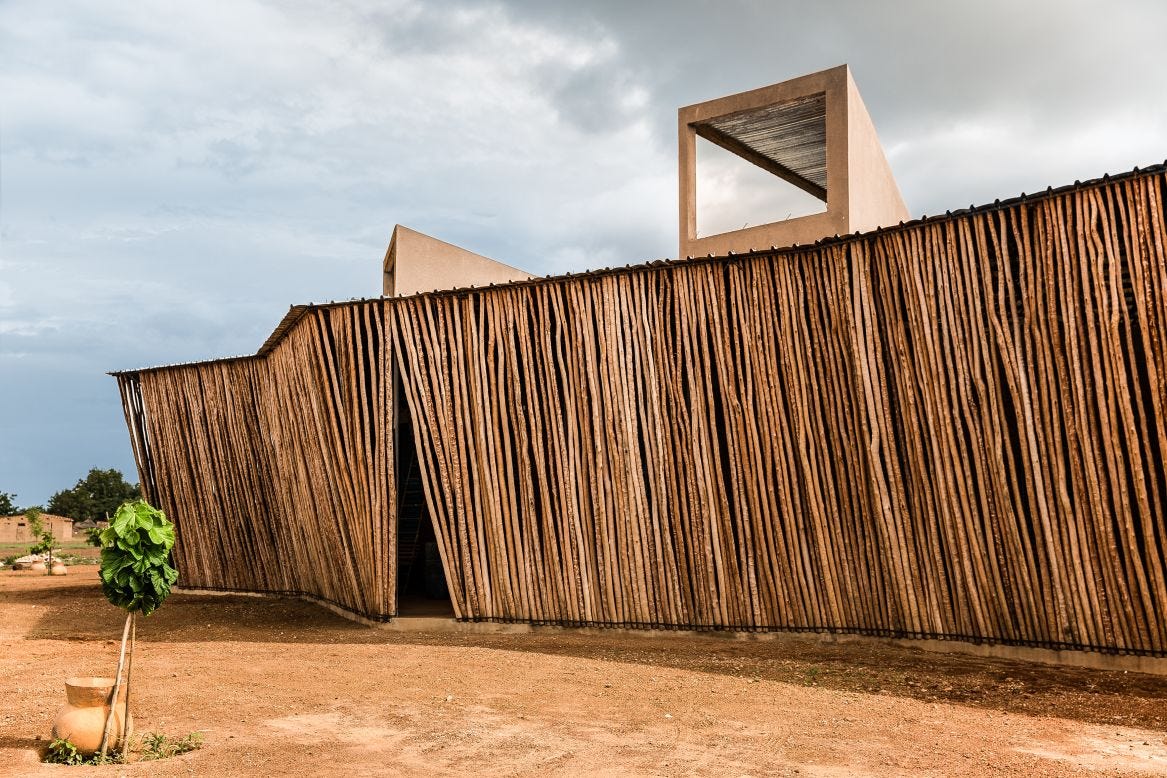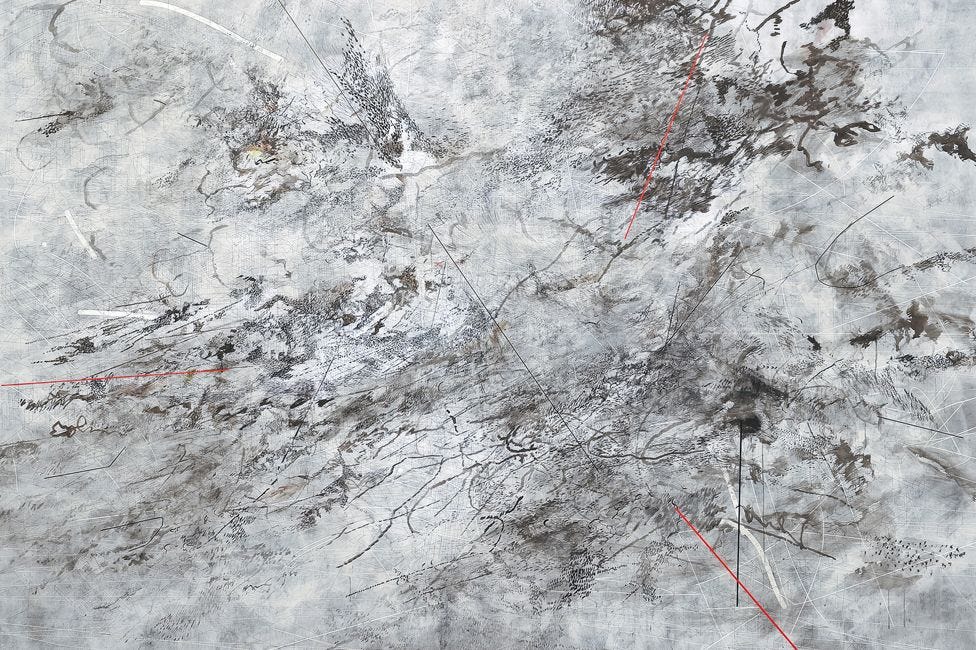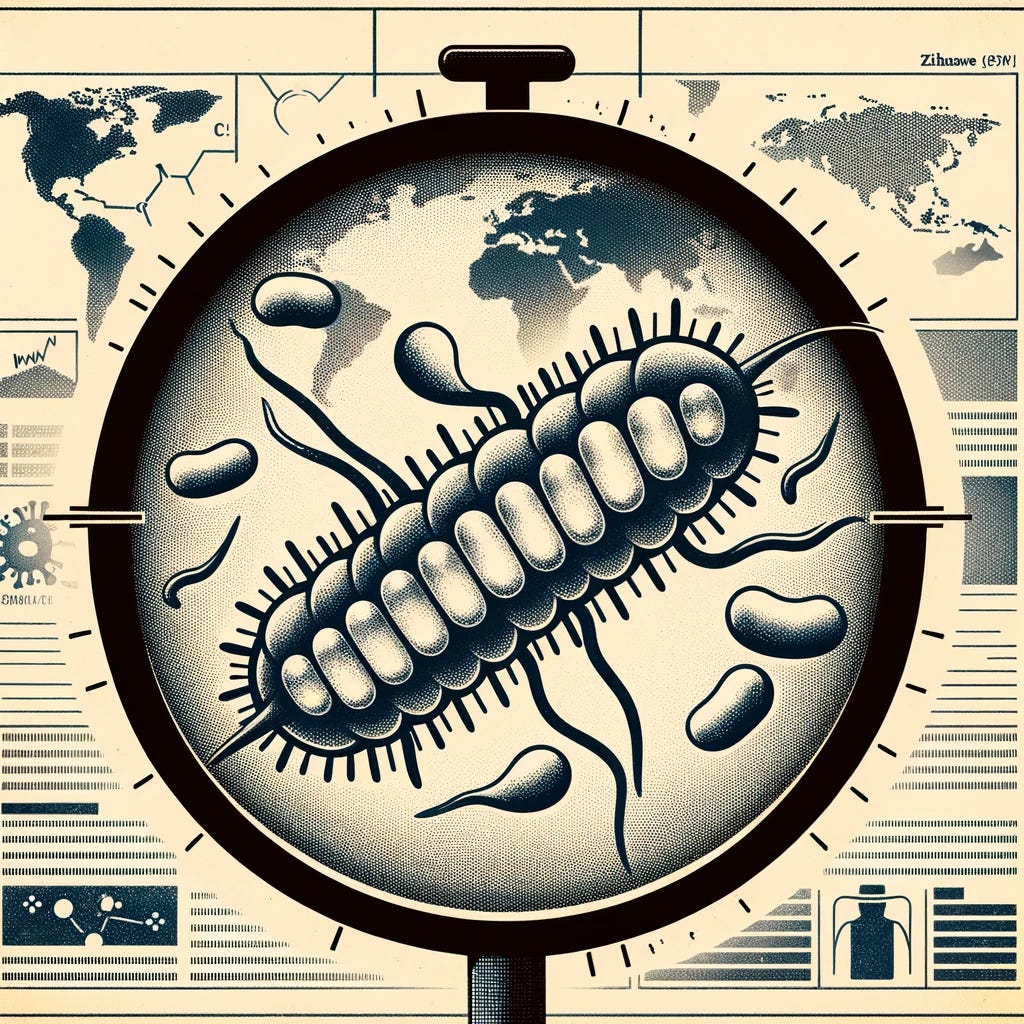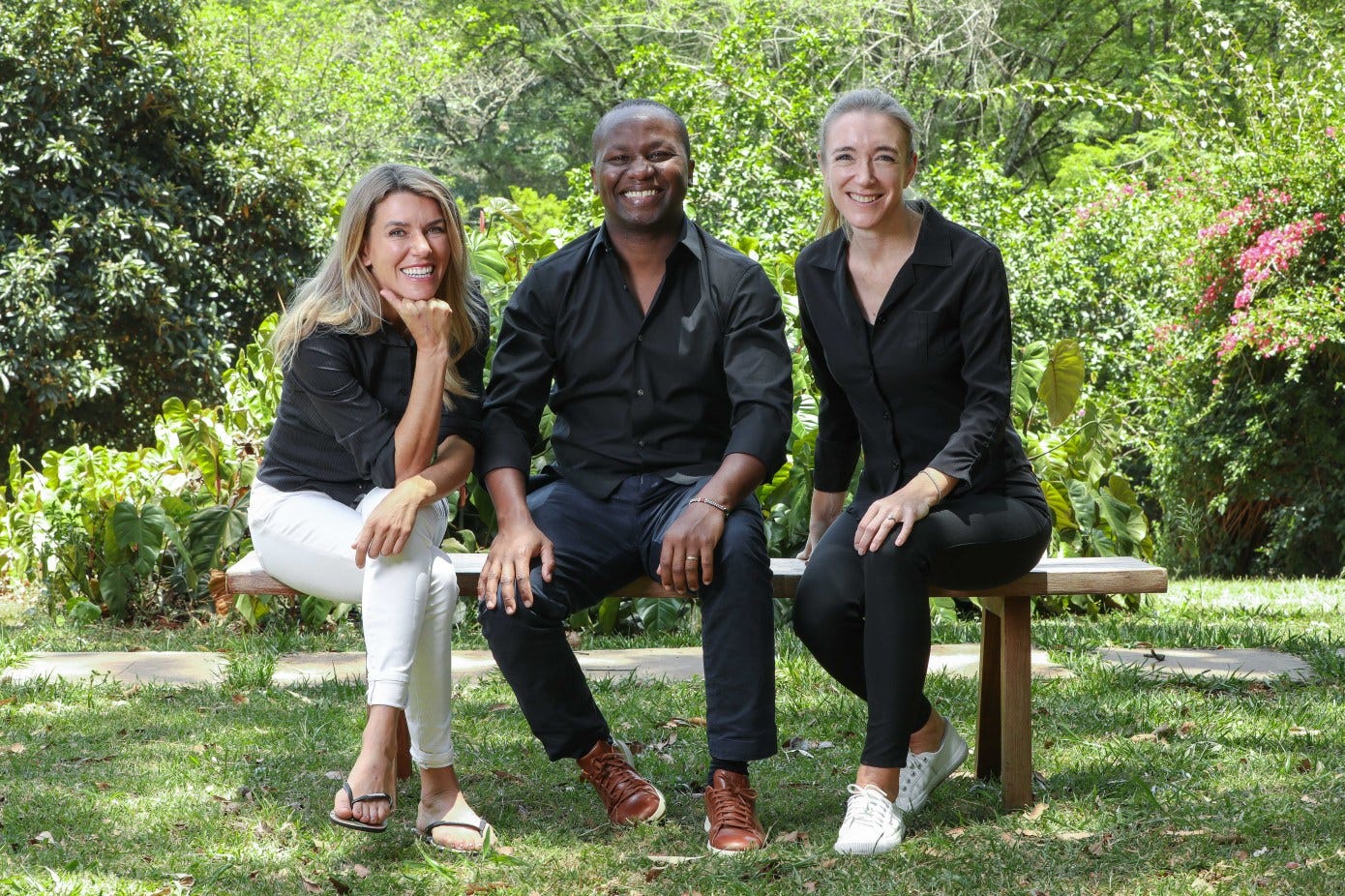🔅 The Problem with Black-Americans Playing Africans in Hollywood
Plus: The 4 Africans named in Time's list of influential climate action leaders, Julie Mehretu's record-breaking painting sale, Updates on Zimbabwe's cholera crisis, And more.
Photo of the day
At a rock hewn church, Ethiopia

Markets: Year-to-Date
🟢 Nigerian SE: 71,025.16 (+38.55%)
🟢 Johannesburg SE: 73,736.61 (+0.94%)
🟢 Ghana SE: 3,195.46 (+30.75%)
🔴 Nairobi SE: 90.50 (-29.00%)
🟢 US S&P 500: 4,506.72 (+17.85%)
🔴 Shanghai Composite: 3,054.37 (-1.99%)
Kenyan Stocks: The World's Biggest Flop | Kenya's stock market is having a rough time this year. The country's stocks have fallen by over 40% in US dollars terms, making it the worst performer among 92 global benchmarks tracked by Bloomberg.
*Data accurate as of the close of markets across the continent
Brief & Bright: Africa's Top Five
The Problem with Black-American Actors Playing African Characters
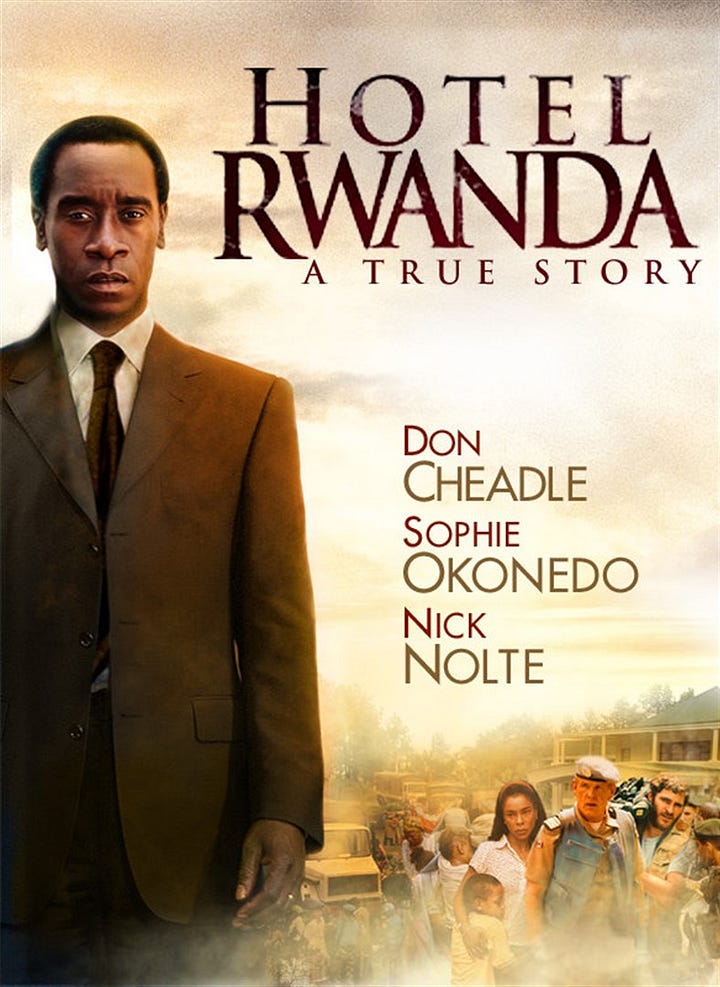
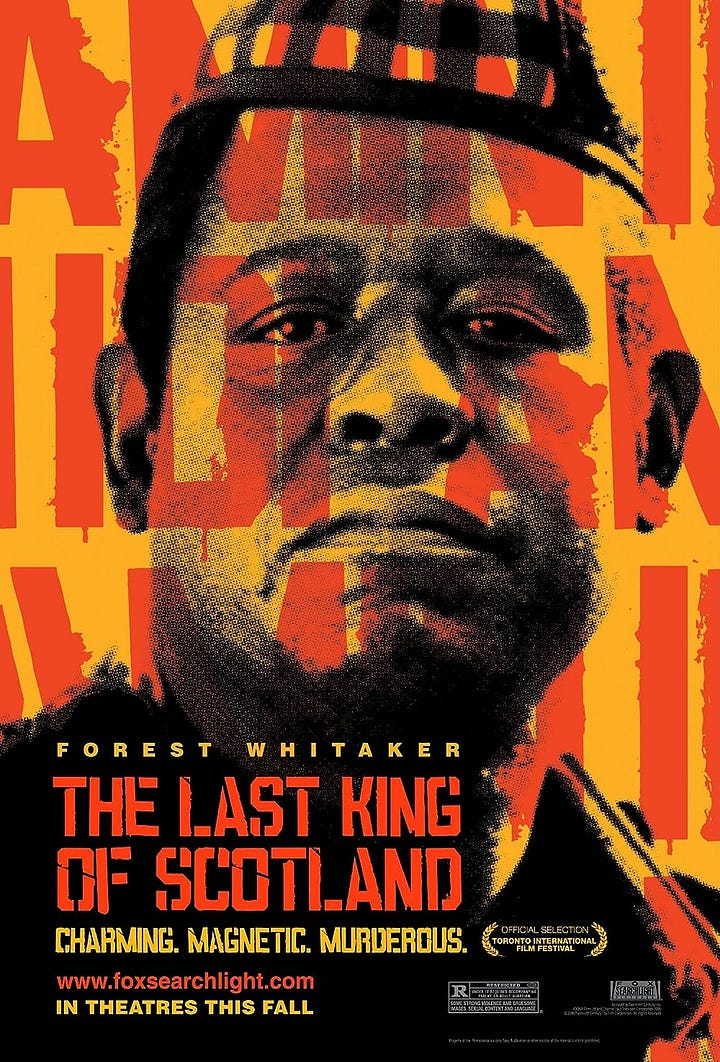
In 2007, Forest Whitaker won an Oscar for his performance as Idi Amin in The Last King of Scotland. Critics loved it, but some in Uganda were scratching their heads over his accent, which was supposed to be Ugandan but ended up sounding like a mashup of different East African dialects with a sprinkling of some good old American R's. He's not the only one—Black-American actors are often cast to play African characters in Hollywood, but their accents and dialects are often a hot mess. Don Cheadle went to South Africa to prepare for his role in Hotel Rwanda, but still ended up pronouncing "have" in a way that's more common in southern African countries. It's important to note that Cheadle's dialect coach was South African. And let's not forget Coming to America, where the accents are so over-the-top they're practically a joke that has haunted African accents in Hollywood ever since. It's not just a matter of language and dialect; it's a matter of accurate representation and cultural understanding. And when Hollywood gets it wrong, it's not just a bad performance—it's a missed opportunity to tell authentic stories and honor diverse cultures.
The Four Africans Who Made Time's Most Influential Leaders for Climate Action
Kenya's President William Ruto is not just your average leader—he's now on Time Magazine's list of 100 influential people shaping global climate action. This comes after he led a national holiday where 100 million trees were planted in one day. Joining him on the list are Freetown's mayor, who's tackling environmental degradation and who appointed a chief heat officer (a first in Africa), Francis Kéré, the first black person and African to win the prestigious Pritzker Architecture Prize, and Kidus Asfaw, who runs a startup that turns plastic waste into affordable low-carbon construction materials. Talk about using your influence for good. Back to Ruto, though—he's been vocal about fighting climate change in Kenya and Africa, but some environmentalists are side-eyeing him for not doing enough to stop illegal logging in public forests. And now the World Bank is warning that Kenya's economy could take a 7.25% hit by 2050 if they don't get their climate act together. No pressure.
Julie Mehretu Breaks Record with a $10.7m Painting
Talk about a record-breaking sale! Ethiopian-born artist Julie Mehretu's abstract painting, "Walkers With the Dawn and Morning," just sold for $10.7 million at Sotheby's in New York. Wow! That's the highest price ever paid for a work by an African-born artist. The piece, inspired by a Langston Hughes poem, features ink and acrylic on canvas and was part of an exhibition about Hurricane Katrina's impact on New Orleans. Mehretu, who moved to the US with her family in the 70s, is a rising star in the contemporary African art world. In fact, she already held the previous record of $9.3 million, which was set just last month. Looks like there's a growing market for abstract African art—maybe it's time to invest in some ink and canvas?
Zimbabwe's Cholera Crisis: A Déjà Vu?
Zimbabwe is facing a serious state of emergency in its capital, Harare, thanks to a nasty cholera outbreak. Dozens have already died and over 7,000 cases have been reported. The city is asking for help, saying the aid they've received so far is like trying to put out a fire with a squirt gun. Health workers are overwhelmed and supplies are scarce, making it hard to stop the spread of the diarrhoeal infection, which is spread by consuming food and water contaminated by a pesky bacterium called Vibrio cholerae. This is not the first time Zimbabwe has faced such a crisis—back in 2008, over 4,000 people died from a cholera outbreak that infected 100,000. The country ended up in such shambles that the president even had to enter a power-sharing deal with his rival.
Weah Concedes Defeat: Liberia's Election Drama Comes to an End
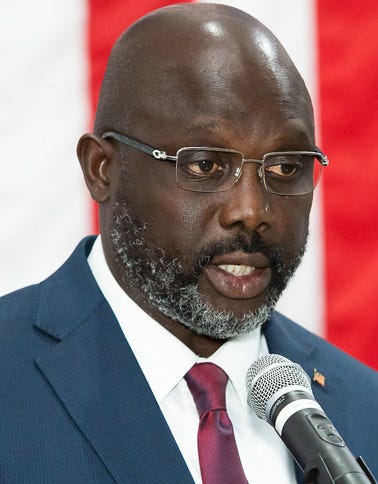

After a nail-biting runoff vote, President George Weah conceded defeat to challenger Joseph Boakai. Boakai won by just over a percentage point, in a dramatic reversal from the previous election when Weah easily beat him. Weah, a former international soccer star, won the 2017 election with promises to fight poverty and corruption. But during his term, he faced criticism for not following through on those promises. Boakai, who served as vice president under Africa's first democratically elected female leader, Ellen Johnson Sirleaf, gained support from other candidates in the runoff. Weah's concession, even before official results were announced, comes at a time when there are concerns about the decline of democracy in West Africa, with eigh coups occuring in the region over the past couple of years. “I urge you to follow my example and accept the result of the elections,” he said, adding that “our time will come again” in 2029.
Norrsken22: The African VC Firm That's Raising the Roof
Norrsken22, a Pan-African VC firm, just closed its debut fund at a whopping $205 million, surpassing its initial target. And with big names like Skype co-founder Niklas Zennström and Delivery Hero co-founder Niklas Östberg on board, it’s no wonder they hit their goal. The firm, led by five experienced investors, has teams in Nigeria, South Africa, Kenya, and Ghana, and is focused on supporting startups in their growth phase. But let’s be honest, it’s not all sunshine and unicorns—global tech investment has taken a hit lately, and VC activity in Africa has gone from $5-6 billion in 2022 to a measly $2.5-3.4 billion in 2023. But with Norrsken22’s recent fundraising success, the future of African startups may not look too gloomy after all.
Food for Thought
“A hyena does not change its spots even if it moves to a different forest."
— Malawian Proverb




